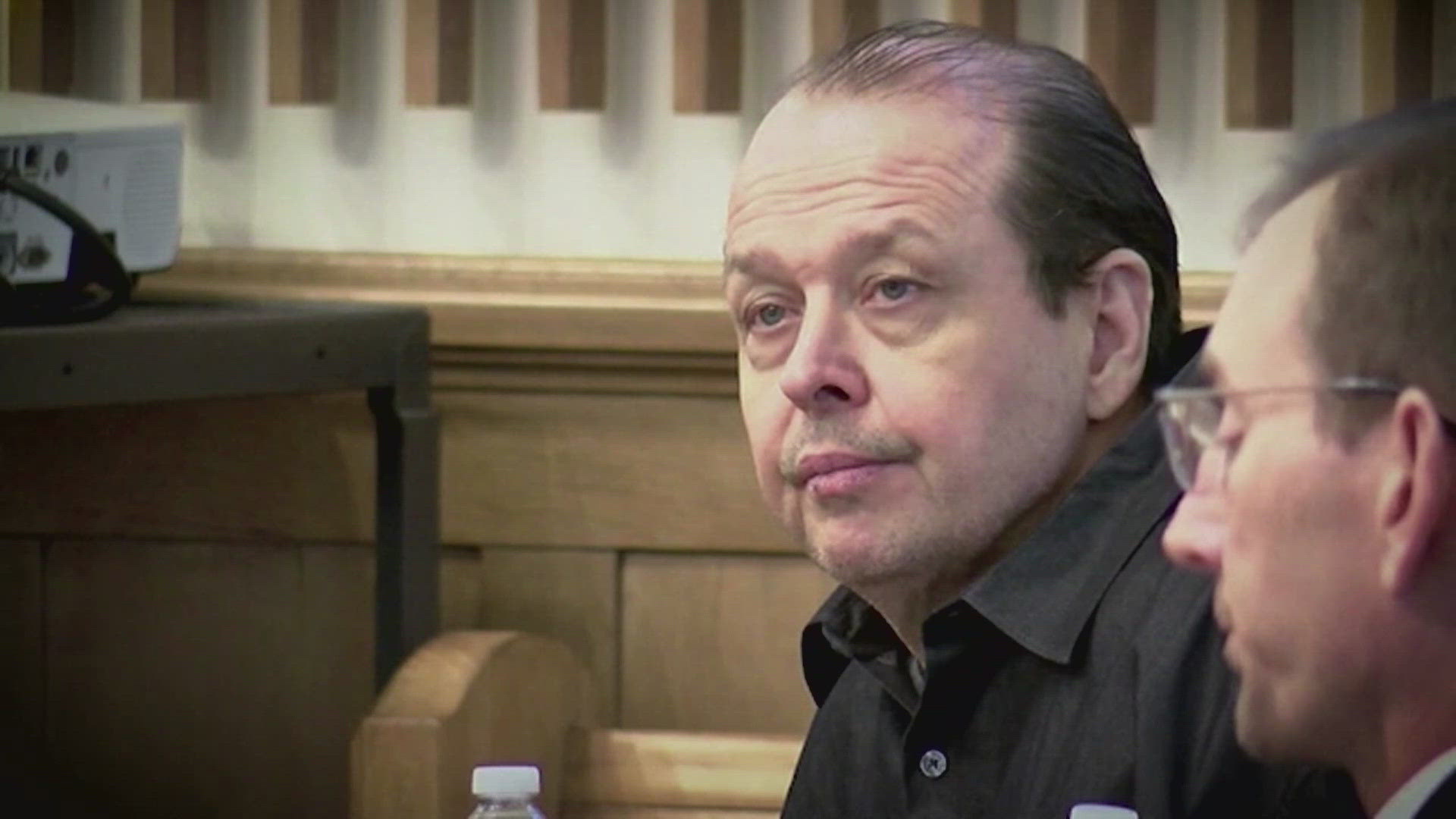TEXAS, USA — The Nov. 5 election will reshape the state's highest criminal court, potentially affecting Robert Roberson's case for a new trial.
A jury convicted Roberson of killing his daughter in 2002. To secure a guilty verdict, prosecutors relied on science that has since been disproven.
A bipartisan chorus of lawmakers, advocates, and celebrities now contends no crime occurred. They say Roberson's chronically-ill daughter, Nikki Curtis, died of natural causes.
Despite calls for a new trial, the Texas Court of Criminal Appeals repeatedly upheld Roberson's sentence. The 57-year-old was scheduled for execution on Thursday, Oct. 17, until a Texas House committee employed a controversial and unprecedented maneuver to stall the process.
Texas law does not allow Roberson's execution to be rescheduled for a date earlier than Jan. 15. By then, the Texas Court of Criminal Appeals will have three new judges.
"Three of the judges who voted against Roberson last week... lost their primary elections in the Republican primary," former Court of Criminal Appeals judge Elsa Alcala told lawmakers at a special hearing Monday.
The vote to uphold Roberson's execution was 5-4. All nine members of the court are Republicans.
Alcala, who opposes capital punishment and supports Roberson's plea for a new trial, noted that only two judges who voted to uphold Roberson's execution will return to the bench in 2025.
If returning judges do not change their votes, Roberson needs just one of three newly-elected judges to formally halt his execution.
"They could — on their own — take what's been filed, add the vote of the new judge, stay the execution and then take as long as they want to dig into the issues," Alcala said. "That's what I hope happens."
But Alcala warned the new judges could also effectively end Roberson's chances at reprieve by voting the way their predecessors did.
"If that happens, I don't know a way to avoid execution," she said. "I hope I'm wrong."
Elections for Court of Criminal Appeals judges are typically low-profile.
"Most people - when they get to this part of the ballot - have not given the court races much thought at all, and tend to vote almost exclusively based on partisanship," Rice University political scientist Mark P. Jones said.
Judicial candidates cannot take public stances on pending litigation, so it would be hard to ascertain how a candidate would vote on the Roberson case.
"The fact that it's occurring so close to the election probably does place a greater spotlight, for voters, on the Texas Supreme Court and the Texas Court of Criminal Appeals," Jones said. "Whether that actually influences who they select remains to be seen, because it's not that clear cut."

